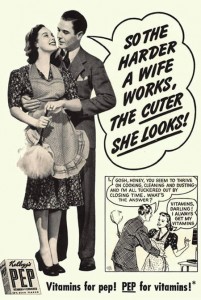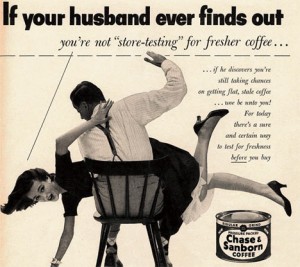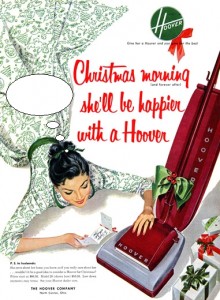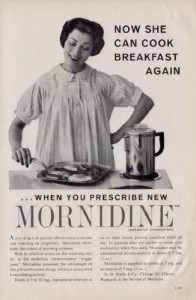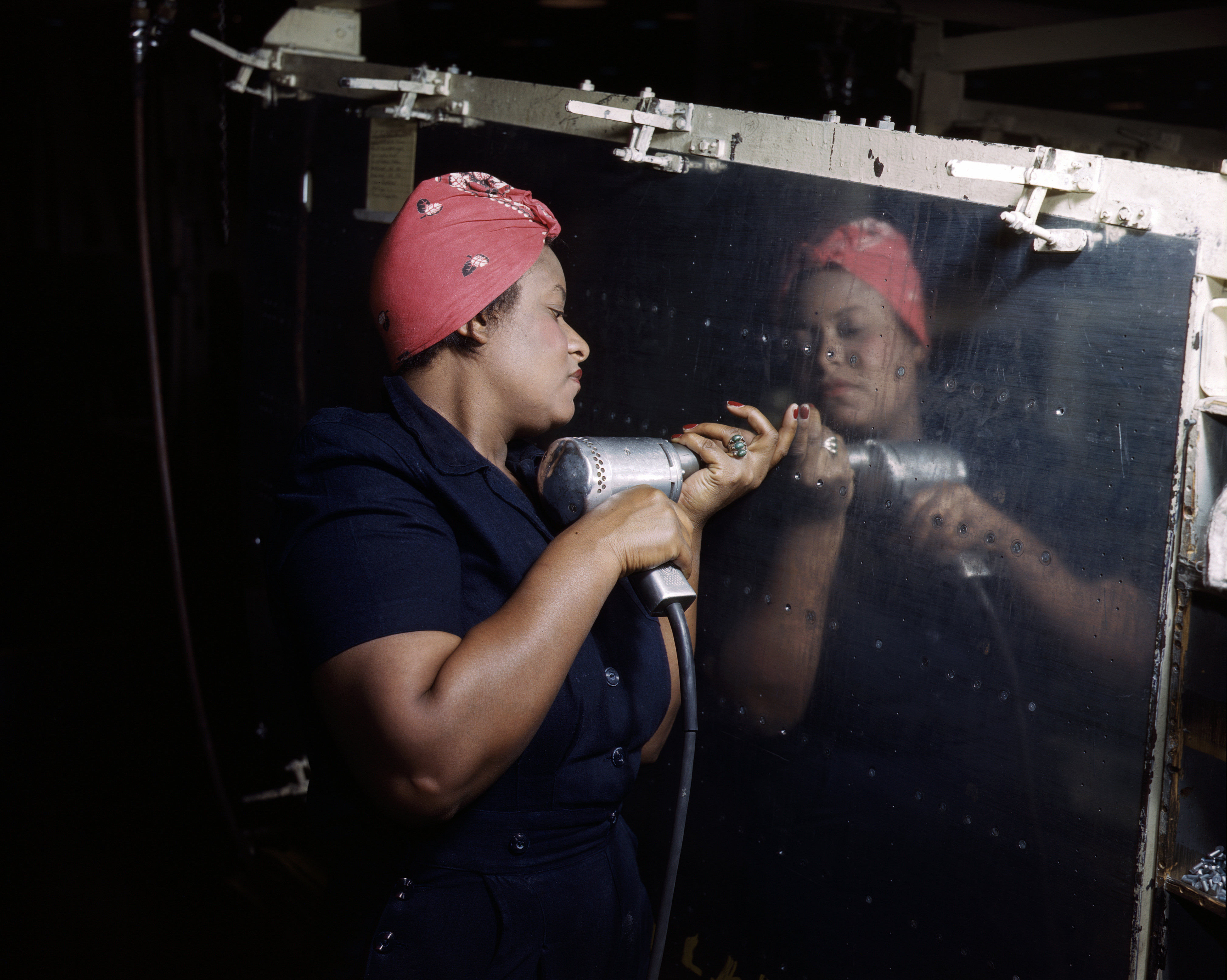Temporary Improvement
The benefits women received from World War II changes were short-lived, as many of them left voluntarily or were replaced by the men returning from the war (1). Less than 50% of those women who newly entered the workforce maintained those positions in 1950 (3). After the war, women continued to face serious discrimination when searching for jobs, especially in those that paid well or required higher skill (2).
The general attitude and expectations toward women’s proper role also remained unchanged from the pre-war period. During the war, certain programs were established to help women manage their domestic responsibilities, such as day care services, so they could contribute to the war effort (Anderson). When the war ended, many of these programs were eliminated, showing the general attitude women were supposed to return to their homes, but also to their femininity (4). The high value placed on girls’ marriages conditioned them to think of marriage as their principal goal, distorting their job choices depending on the likelihood it would lead to marriage (6).
Images of Rosie the Riveter were replaced by pervasive depictions of women in their wife and homemaker role (5).
References:
(1) Jaworski, Taylor. “’You’re in the Army Now:’ The Impact of World War II on Women’s Education, Work, and Family.” The Journal of Economic History Vol. 74, No. 1 (March 2014): 169-95. Accessed March 25, 2015. doi: 10.1017/S0022050714000060.
(2) Anderson, Karen. Wartime Women: Sex Roles, Family Relations, and the Status of Women During World War II. Santa Barbara: Praeger Publishers, 1981.
(3) Goldin, Claudia. “The Role of World War II in the Rise of Women’s Employment.” American Economic Review 81, no. 4 (1991): 741–56.
(4) Fieseler, Beate, M. Michaela Hamf, & Jutta Schwarzkopf. “Gendering combat: Military women’s status in Britain, the United States, and the Soviet Union during the Second World War.” Women’s Studies International Forum, 47 (2014): 115-126.
(5) Westbrook, Robert B., “I Want a Girl, Just Like the Girl that Married Harry James”: American Women and theProblem of Political Obligation in World War II.” American Quarterly, (Dec., 1990) Vol. 42(4): 587-614.
(6) Margaret Mead, “Cultural Aspects of Women’s Vocational Problems in Post World War II,” in Journal of Consulting Psychology, 10 (1946): 27.

